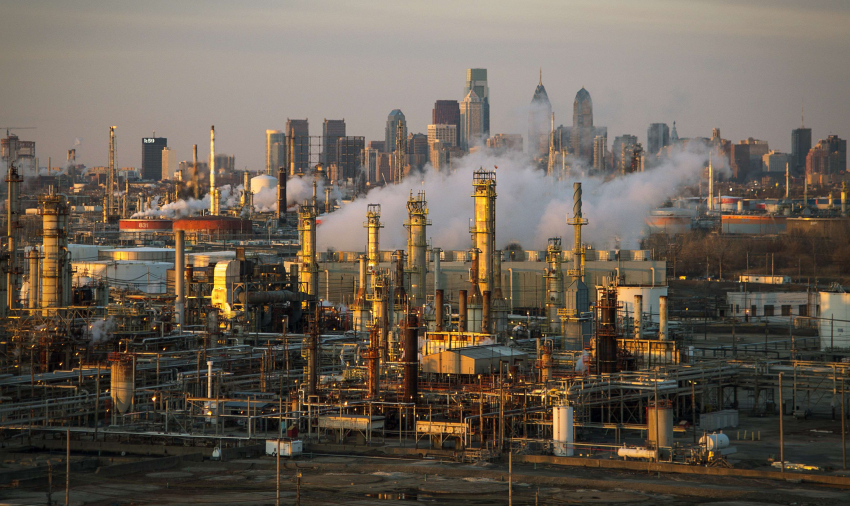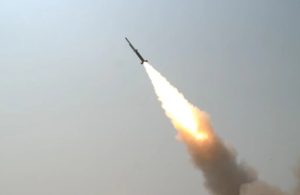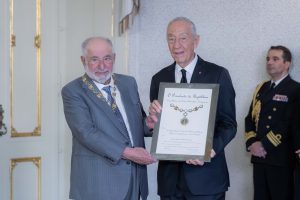BRUGG (Web Desk) – Switzerland’s inspectorate of nuclear safety has devised a new classification system of nuclear plants and improved the communication capabilities while stressing the international organizations enhance mutual cooperation following the 2011’s accident at Fukushima Daiichi in Japan.
An international team of senior nuclear safety and radiation protection experts concluded a 10-day International Atomic Energy Agency (IAEA) follow-up mission to review the regulatory framework for nuclear safety in Switzerland.
The team reviewed progress on issues identified in a late 2011 mission, including actions taken to strengthen safety in the aftermath of the March 2011 accident at Fukushima Daiichi in Japan.
Integrated Regulatory Review Service (IRRS) missions are peer reviews that compare a country’s regulatory system and practices with those recommended in IAEA Safety Standards.
The IRRS mission team said in its preliminary report that Switzerland had addressed most of the issues that were raised during the 2011 mission. Since then, the Swiss Federal Nuclear Safety Inspectorate (ENSI) has demonstrated leadership by enhancing cooperation among national regulatory authorities and international organizations and improved its regulatory framework.
The inspectorate improved its review and assessment programme by revising guidelines to require licensees to conduct independent verification of all safety information received from contractors and made substantial progress in its inspection process and developed an approach to an effective decommissioning regulatory programme, and revised and implemented a new emergency classification system for nuclear power plants and enhanced communication capabilities.
The seven senior experts from six IAEA Member States and four IAEA staff members who comprised the team conducted the review from 8 to 17 April 2015 through interviews and discussions with officials and staff from ENSI and related bodies.
“The strong commitment of ENSI to address the issues raised in the 2011 IRRS mission is evidenced by the progress made,” said Mission Team Leader Jean-Christophe Niel, Director General of the French Nuclear Safety Authority. “The team found ENSI to be a mature, competent nuclear safety regulator.”
In a new recommendation, the team called for the Government of Switzerland to strengthen ENSI’s authority and status as the sole technical nuclear safety authority that is empowered to issue legally binding technical safety requirements and licence conditions on nuclear and radiation safety and security.
Swiss authorities are considering how to best address the two recommendations and one suggestion that remain open from the 2011 IRRS mission. These are related to setting appropriate thresholds for prosecution of violations, building and maintaining competence of bodies with safety-related responsibilities, and the development of a comprehensive national radiation emergency response plan.
“The recommendations and suggestions from the 2011 IRRS mission brought us forward to further improve our work,” said ENSI Director General Hans Wanner.”The report from this follow-up mission will help us continue our work to improve.”
The team handed a preliminary report to ENSI at the end of the mission, which was held at the invitation of the Swiss government. The final mission report will be submitted to ENSI and the government in about three months. ENSI told the team that it will make the final report public.














